
Comprehensive guide to osteosarcoma treatment in Germany, including diagnostics, innovative dendritic cell immunotherapy with complete logistical support through TIG.
Details →
Metastatic Stage 4 colorectal cancer survival rate and advanced treatment in Germany including TACE Treatment and Immunotherapy Dendritic cell therapy with coordinated support through TIG.
Details →
Learn how colorectal cancer stages influence survival and explore treatment options in Germany, including TACE, personalized immunotherapy, and coordinated support for international patients through TIG.
Details →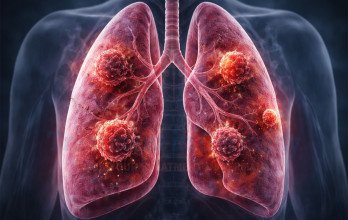
Explore treatment options for lung cancer in Germany, including surgery, interventional therapies, immunotherapy, and coordinated support for international patients through TIG.
Details →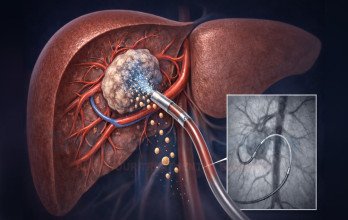
Advanced TACE treatment in Germany for liver cancer and metastases. Learn about procedure, cost, survival, and complete logistical support through TIG.
Details →
Explore clinical trials for prostate cancer treatment in Germany, including dendritic cell immunotherapy, TACP treatment, PSMA therapies, and complete logistical support for international patients through TIG.
Details →
Learn about advanced treatment options for lung metastases, including TPCE treatment, TACP treatment, and dendritic cell immunotherapy in Germany, with structured diagnostics, clinical trials, and international patient support through TIG.
Details →
Explore stage 4 metastatic colon cancer diagnosis and treatment in Germany, including TACE Treatment, TACP Treatment, and Immunotherapy Dendritic Cell Therapy, with advanced diagnostics and full international patient support through TIG.
Details →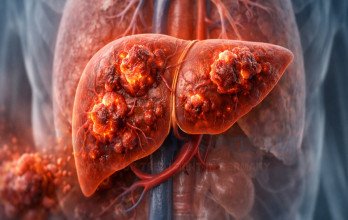
Learn about treatment options and advanced therapies for liver metastases, including TACE treatment and dendritic cell immunotherapy in Germany, with structured diagnostics, and international patient support through TIG.
Details →
Explore treatment options for colon cancer and bowel cancer in Germany, including TACE Treatment, TACP Treatment, and Immunotherapy Dendritic Cell Therapy, with advanced diagnostics and international patient support through TIG.
Details →
Explore treatments options for stage 4 non–small cell lung cancer in Germany, including TPCE and TACP therapies through TIG for International Patients.
Details →
Explore treatment of stage 4 ovarian cancer in Germany, including targeted embolization treatment and immunotherapy dendritic cell therapy, with structured diagnostics and international patient support through TIG.
Details →
Learn about advanced ovarian cancer treatment in Germany, including targeted embolization and immunotherapy dendritic cell therapy with full support through TIG.
Details →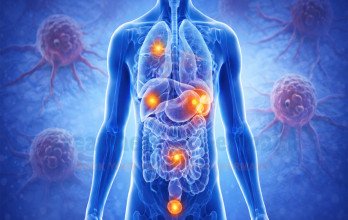
Explore metastatic cancer treatment in Germany, including TACE, TACP, TPCE, targeted embolization, and dendritic cell immunotherapy, with advanced treatment options and complete logistical support for international patients through TIG.
Details →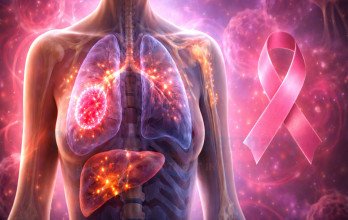
Explore advanced breast cancer treatment in Germany, including dendritic cell therapy, TACE and TACP treatments, diagnostics, clinical trials, and complete international patient support through TIG.
Details →
Explore innovative glioblastoma immunotherapy treatment in Germany, including dendritic cell therapy, diagnostics, clinical trials, and coordinated treatment for international patients through TIG.
Details →
Explore NanoKnife pancreatic cancer treatment in Germany, including procedure details, cost, advanced diagnostics, and coordinated treatment for international patients through TIG.
Details →
Explore stage 4 (metastatic) colon cancer clinical trials in Germany, including TACE Treatment, TACP Treatment, and Immunotherapy Dendritic Cell Therapy, with expert care and complete international patient support through TIG.
Details →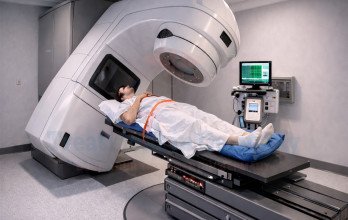
Radiation Treatment for Prostate Cancer in Germany offers advanced diagnostics, latest technology, and regulated oncology care through German oncology centers, supporting international patients with structured treatment pathways.
Details →
.webp)
 (1).webp)

.webp)
 (1).webp)


.webp)
 (1).webp)

.webp)
 (1).webp)
